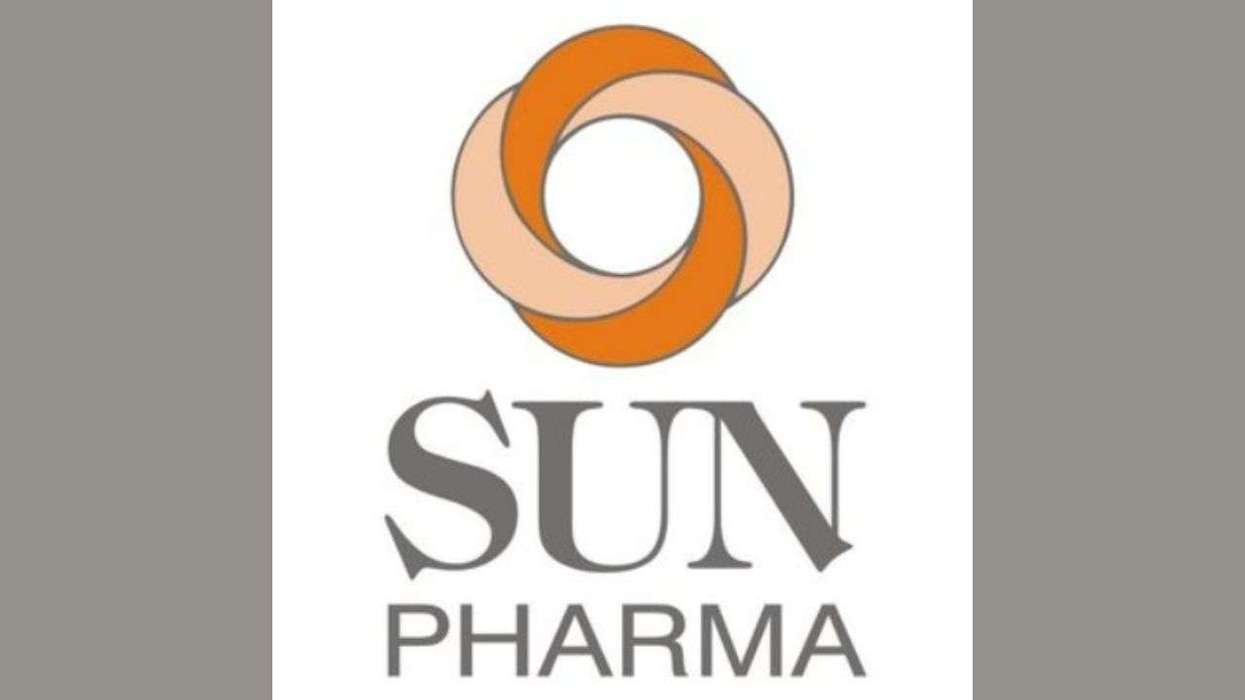Urgent funding needed to halt pharmacy closures and unlock their full potential
As the government begins working on a 10-year plan to reform the NHS in England, pharmacy leaders have warned that many community pharmacies could disappear within a year without improved funding.
Health secretary Wes Streeting has pledged to turn the NHS into a “neighbourhood health service” as he launches a major consultation about the institution’s next decade.
Streeting is set to invite patients and NHS staff to take part in a “national conversation” to shape the government’s 10-year plan for the service next week.
“If we want to save the things we love about the NHS, then we have to change it," the health secretary said while announcing the consultation on Sunday.
He emphasised that their 10-year health plan aims to completely reshape the NHS, transforming it into a neighbourhood health service "powered by cutting-edge technology that helps us stay healthy and out of hospital."
“We will rebuild the health service around what patients tell us they need," Streeting added.
Members of the public, as well as NHS staff and experts, will be invited to share their experiences, views and ideas for fixing the health service via an online platform, Change.NHS.uk, which will be live until the start of next year, and available via the NHS App.
The public engagement exercise will focus on three shifts in healthcare - hospital to community, analogue to digital, and sickness to prevention.
Paul Rees, chief executive of the National Pharmacy Association (NPA), emphasised the crucial role of pharmacies in community healthcare, stressing the urgent need for investment in the sector to prevent closures.
He said: “Often the health professionals people know best are their pharmacists. A neighbourhood health service means investing in our amazing community pharmacy network, which is embedded in communities across the country, but the reality is that many pharmacies could be forced to close down before the 10-year plan is even published in spring 2025.
“We hope that government will stabilise the community pharmacy network which has been hit by devastating cuts, and expand pharmacy services to bring care close to patients and their communities.
Rees urged the government to address the financial crisis affecting pharmacies to unlock their full potential.
“While pharmacies are in financial crisis and need urgent funding to halt the terrible round of closures that are having such a damaging effect on patients and their communities, there is a huge opportunity to do so much more.
“We hope the government will take this opportunity to fix the crisis in community pharmacy and unleash their potential to make a real difference to patients – and the rest of the NHS. We stand ready to support ministers in that goal,” he added.
Tase Oputu, Chair of the Royal Pharmaceutical Society (RPS) England, has called on the government to prioritise support for patient access to community pharmacies in the new neighbourhood health service.
“Medicines are a fundamental part of the health service and with increasing prescription volumes, the 10-Year Health Plan must consider how pharmacists can be enabled to support the best use of medicines across the system.
“The government has recognised the huge potential for pharmacist prescribing to enhance patient care and it must now make this a reality. Supporting patient access to community pharmacies should be at the heart of the new neighbourhood health service.”
Oputu noted that pharmacists will be crucial to delivering ambitions around public health and prevention, emphasising the need for read-write access to patient records across care settings.
She called for better support throughout pharmacists' careers, including Protected Learning Time and access to the Learning Support Fund for students.
Furthermore, Oputu stressed the importance of investing in hospital pharmacy, particularly in accelerating the roll-out of electronic prescribing and ensuring aseptic pharmacy sites are fit for the future of personalised medicines.
The RPS will survey its members in England to gather their input and shape its response to the consultation.
She urged pharmacists and pharmacy teams to actively participate in shaping the future of the NHS by sharing their insights.
“I know that members across the country are already doing great work every day. It’s vitally important that pharmacists and pharmacy teams engage with this national conversation and help share their ideas for how the NHS can be ready for the future," Oputu stated.
The Health Secretary is calling on the entire nation to contribute to the government's plans for overhauling the NHS. This consultation is described as the biggest national conversation about the future of the NHS since its birth.













